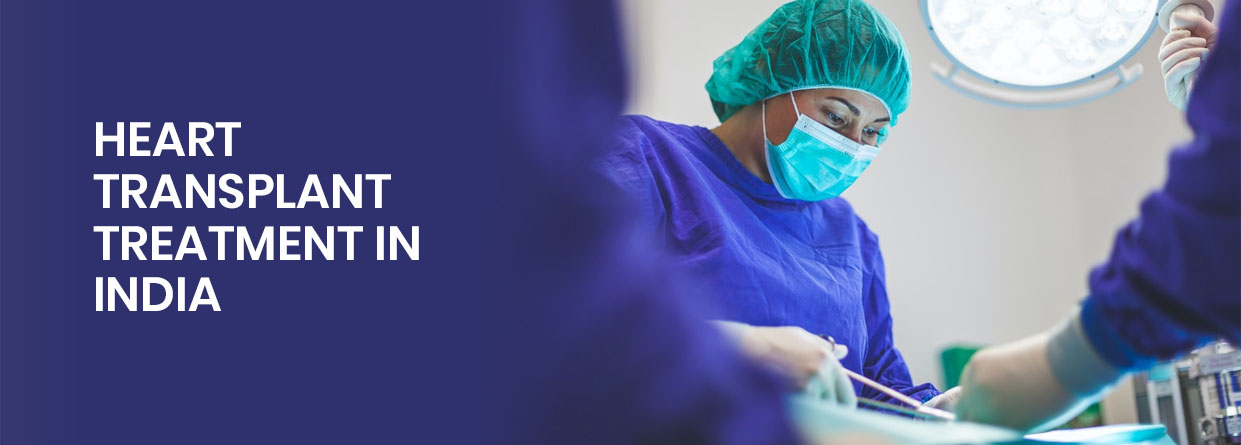What is TAVI, its procedure and risk factors associated with it?
Transcatheter Aortic Valve Replacement TAVR OR TAVI is a minimally invasive procedure that helps in replacing or implanting a thick aortic valve that is unable to function properly. Aortic valve that can't fully open (aortic stenosis) requires proper blood circulation and if it is not able to open properly it obstructs the flow of the blood from the heart to the rest of the body, since the blood flow is reduced it might lead to a life-threatening condition. In order to promote proper functioning of the valve and maintain proper blood flow one requires transcatheter aortic valve replacement TAVR OR TAVI. Aortic stenosis is a life-threatening condition and people who are at a greater risk of having complications from open-heart surgery in such cases TAVI help in providing a safer option.
What is the procedure?
Prior to the development of TAVI, the
valve replacement procedure required the open heart procedure in which the
chest was surgically opened. Whereas the Transcatheter aortic valve replacement
requires a minimal incision so that it does not disturb the chest bones. During
the procedure the patient is subjected to general anesthetics or local
anesthetics to make the area numb to be operated on. Through either the groin
or through the collar bone a balloon catheter is inserted into the artery. The
catheter balloon is pushed inwards into the heart and placed at the opening of
the aortic valve. The doctor inflates the balloon to make room inside the
artery to operate. The deceased aortic valve is then replaced and the new valve
is then expanded using the catheter balloon. Thereafter the doctor removes the
balloon catheter after deflating it. It is a complicated procedure that
requires absolute precision from the best tavi surgery doctor in India.
What are the risk factors associated
with TAVI?
As this procedure requires minimal
incision therefore it negates a few of the common risk factors associated with
the general surgeries. But still there are still some common risk factors
associated with the procedure, which include:
· The most common risk factor associated while the
procedure is still going is that of a stroke excess of bleeding or a paralytic
attack
· Difficulty in breathing is another risk that can
be noticed in some cases just immediately post the surgery
· Formation of blood clot, high blood pressure,
bleeding in the abdominal cavity can be a risk factor that might into notice a
few days after the surgery
· A few rare risk factors includes kidney failure,
nerve injury or excessive pain in the chest
· The procedure requires minimal incision but the
risk of having an infection or allergy at the site cannot be ignored completely
· Fever and night chills can be noticed in many
cases in the few days post the procedure
· Swelling and bleeding at the operated site is
very rare but has been noticed in a few cases immediately after the procedure.
How can we help?
In case you are diagnosed with Aortic
Stenosis, we will connect you with the best doctors and cardiologists who
specialize in TAVI procedures and handling complex cases with affordable best TAVI surgery cost in India. Our
team will provide you with step by step guidance and support throughout your
treatment. We will connect you with the best
TAVI surgery hospitals in India. We will also provide:
· Expert Doctors
· Cardiologists
· Follow up
· Consultations
· 24*7 assistance
· Coordinated care and support
· Medical travel arrangement
· Transparent communication
· Assist in accommodation
· Provide trained health experts




Comments
Post a Comment